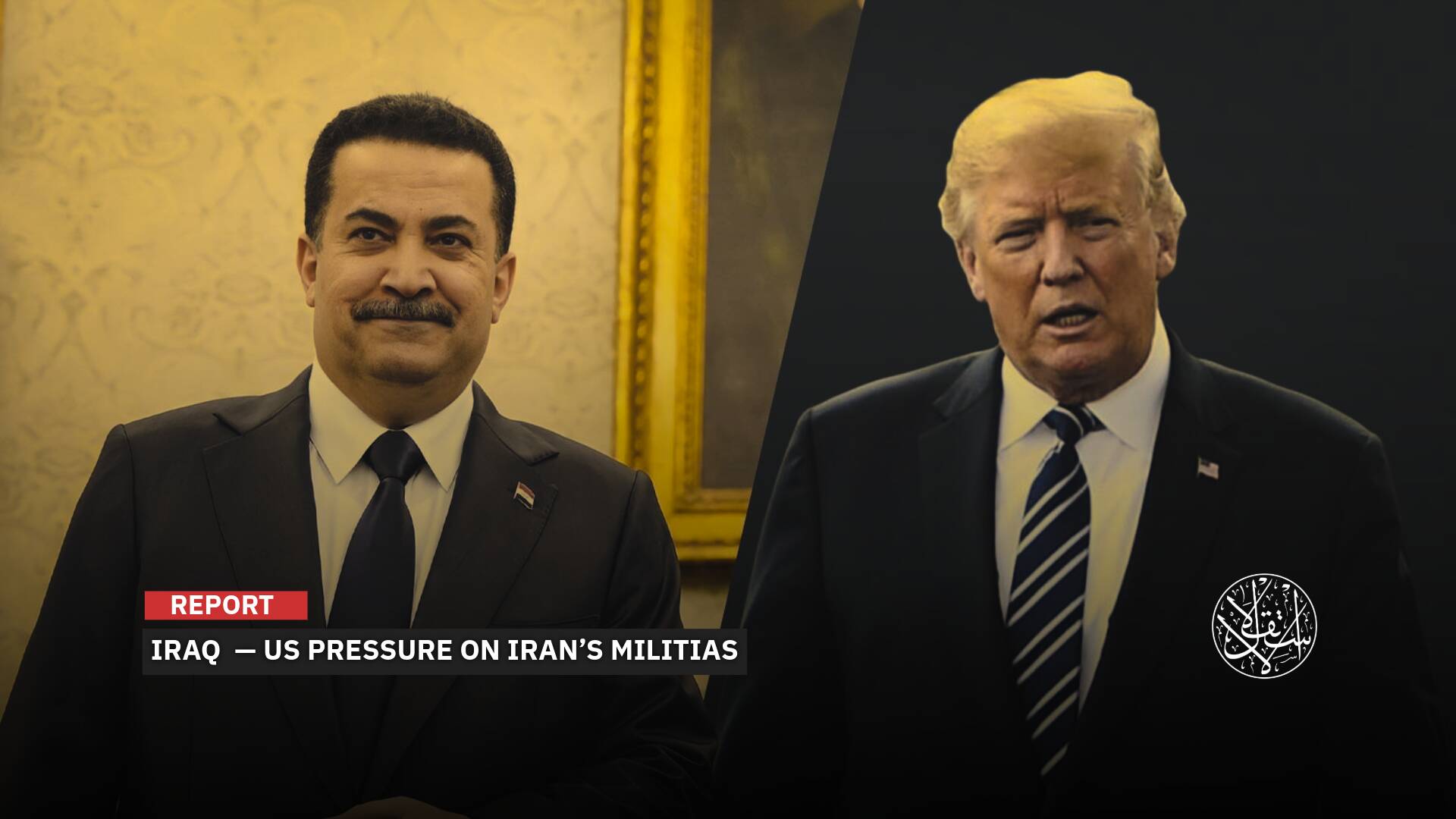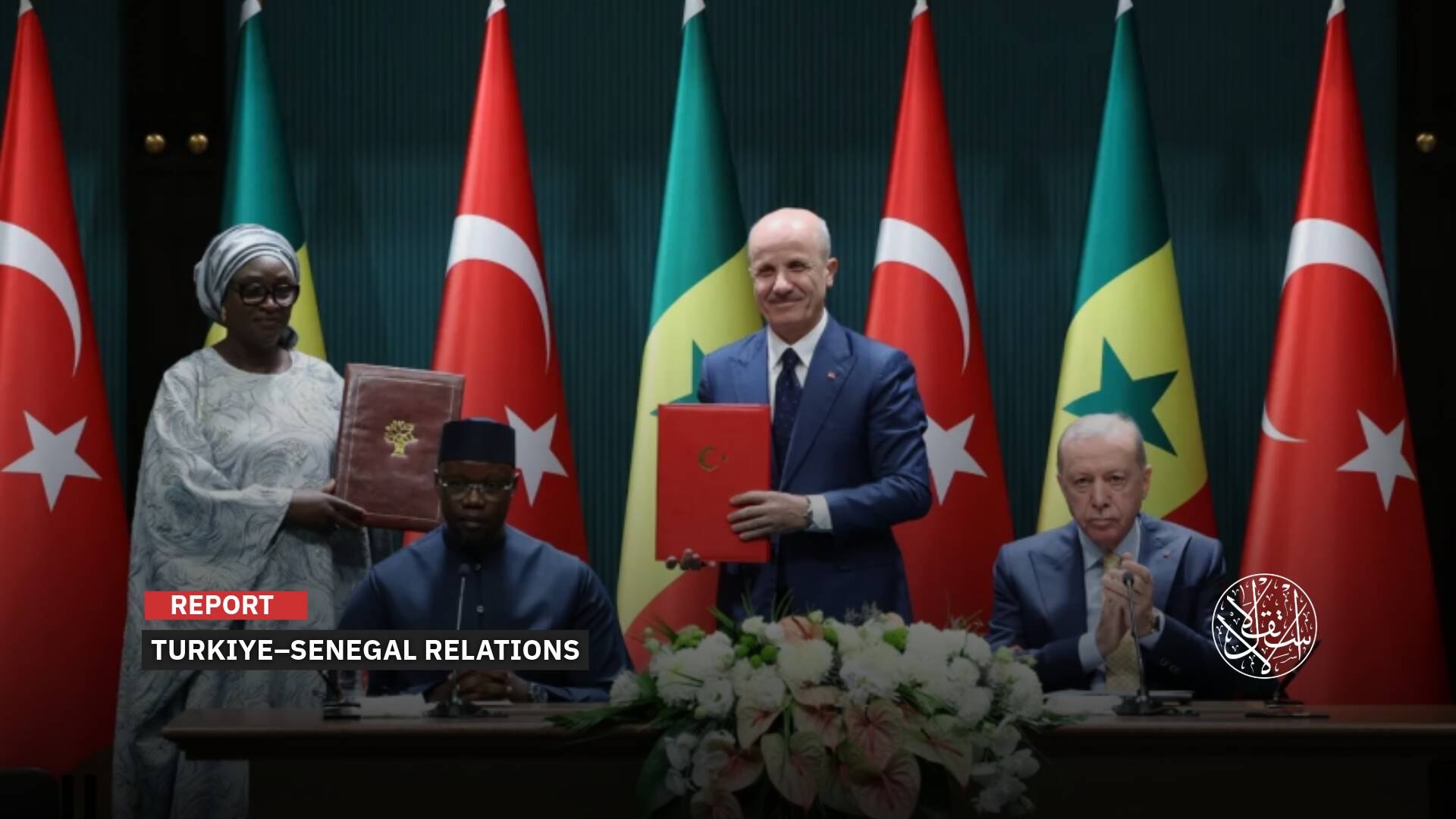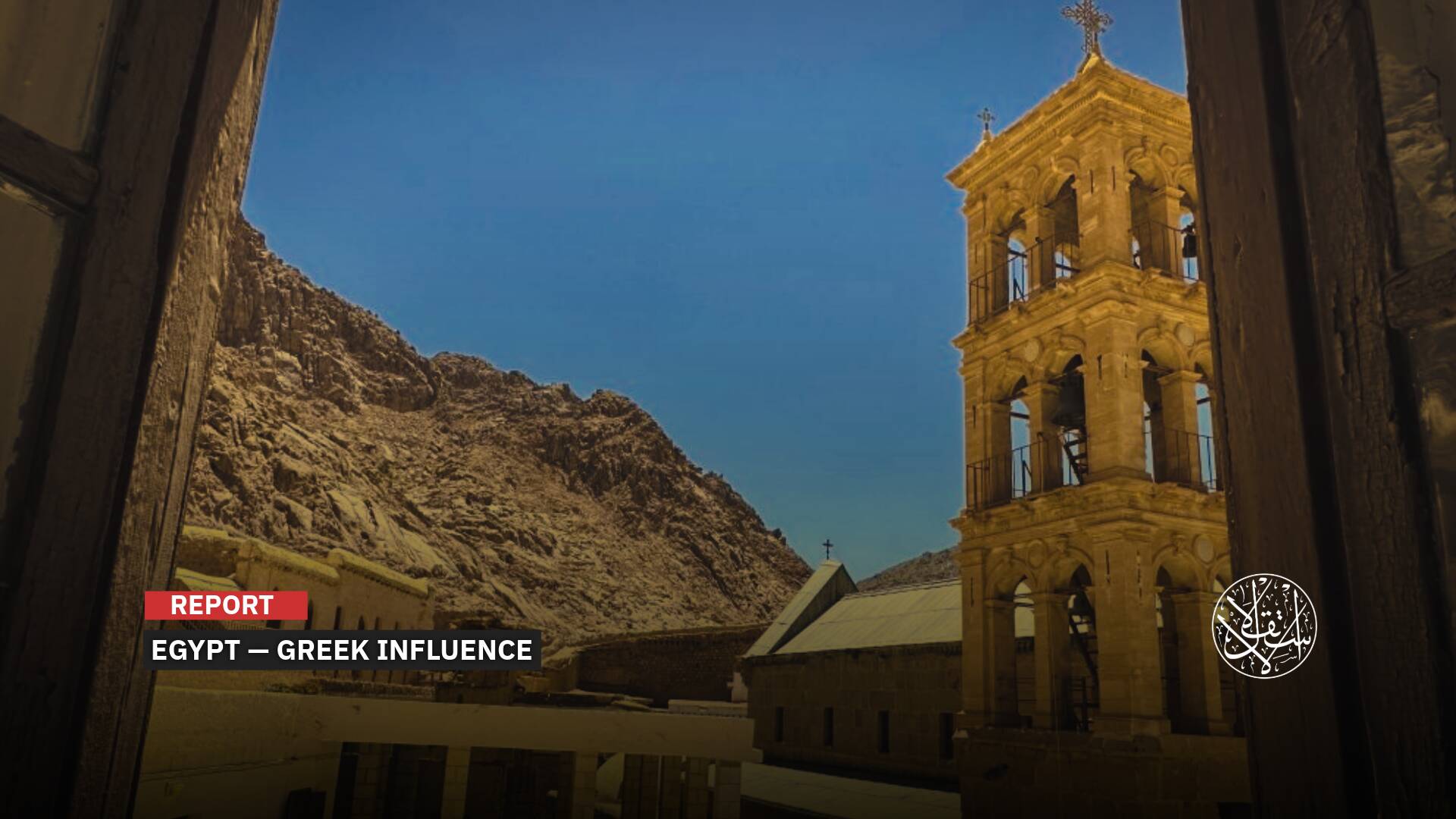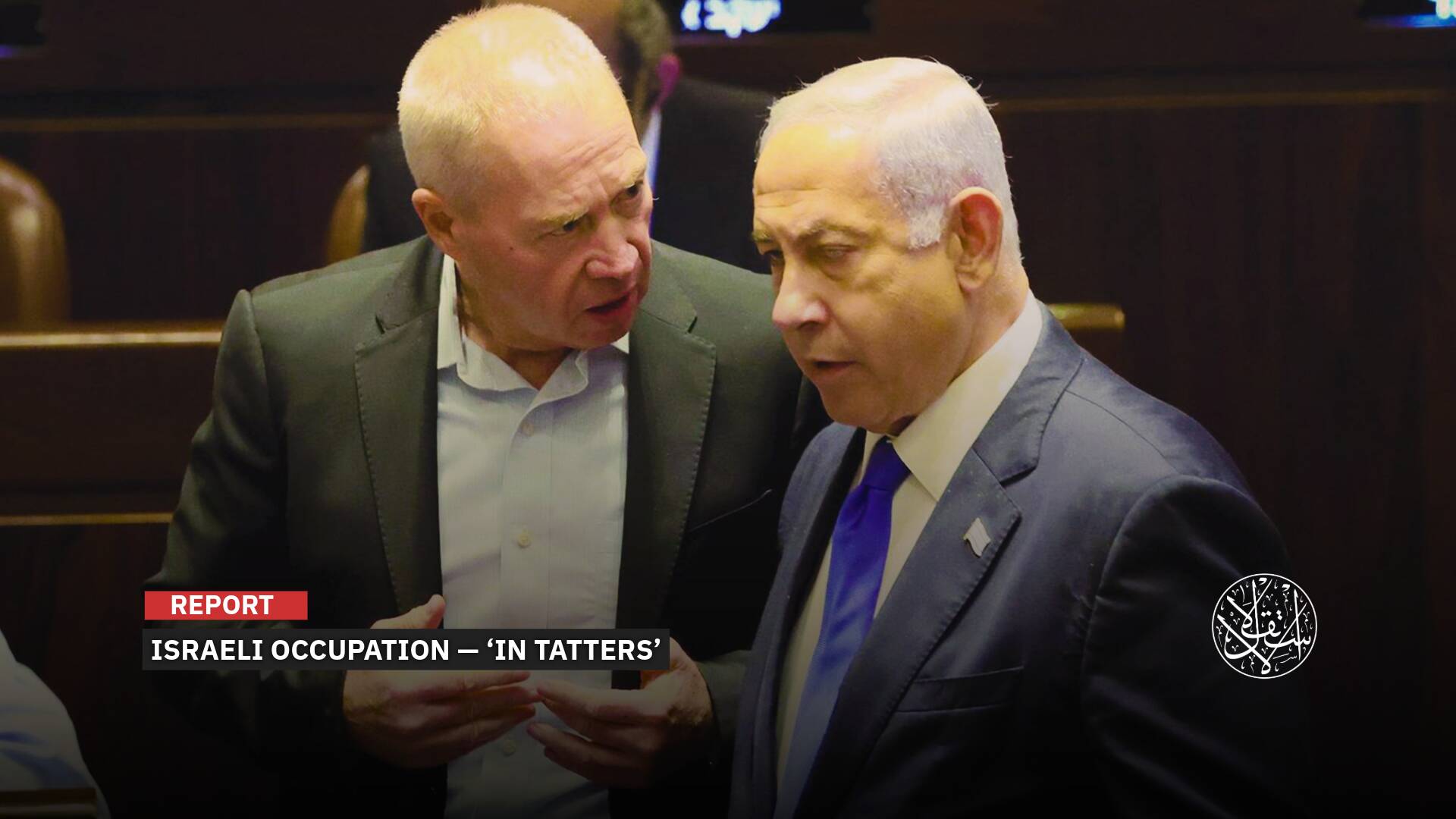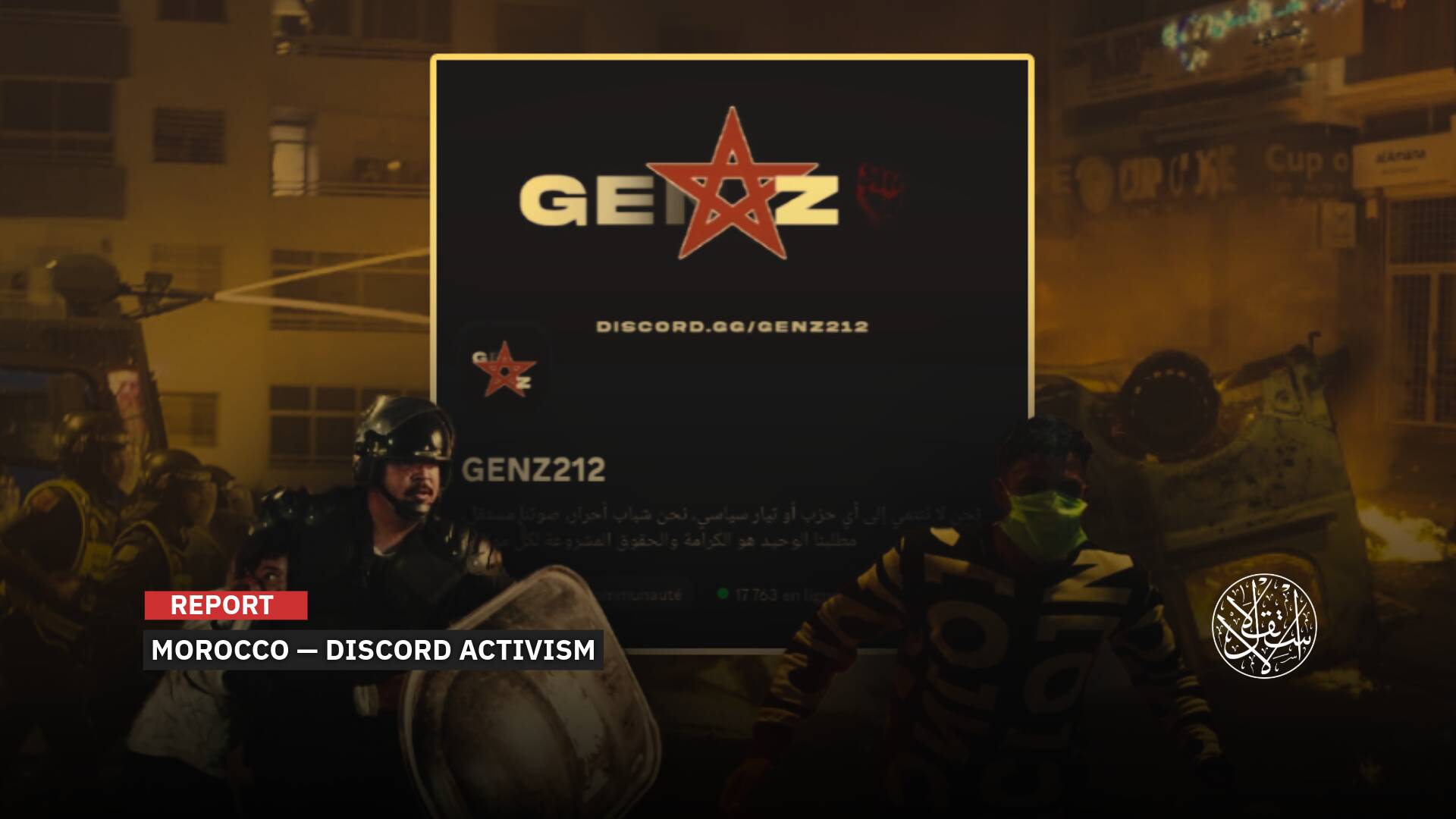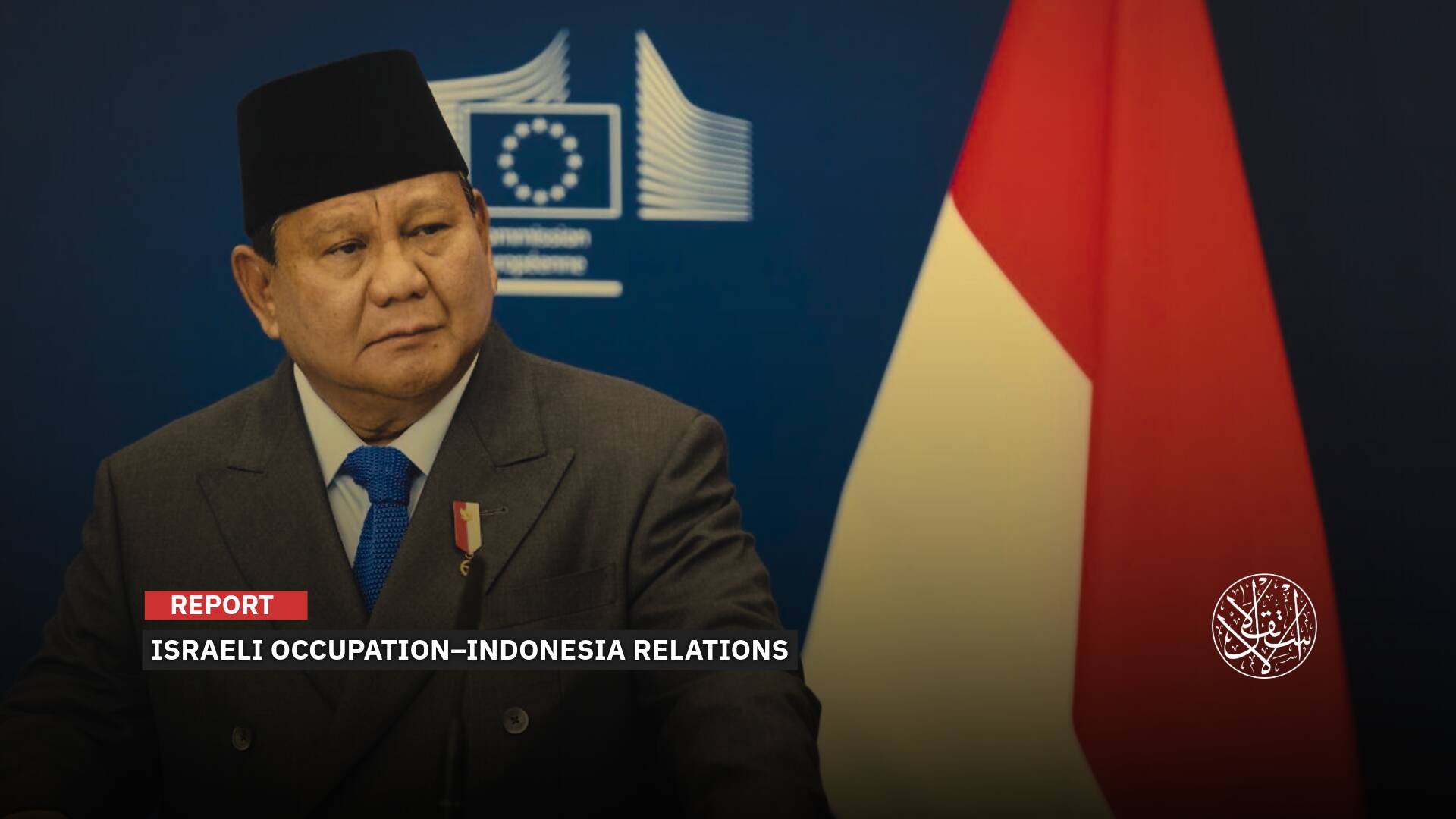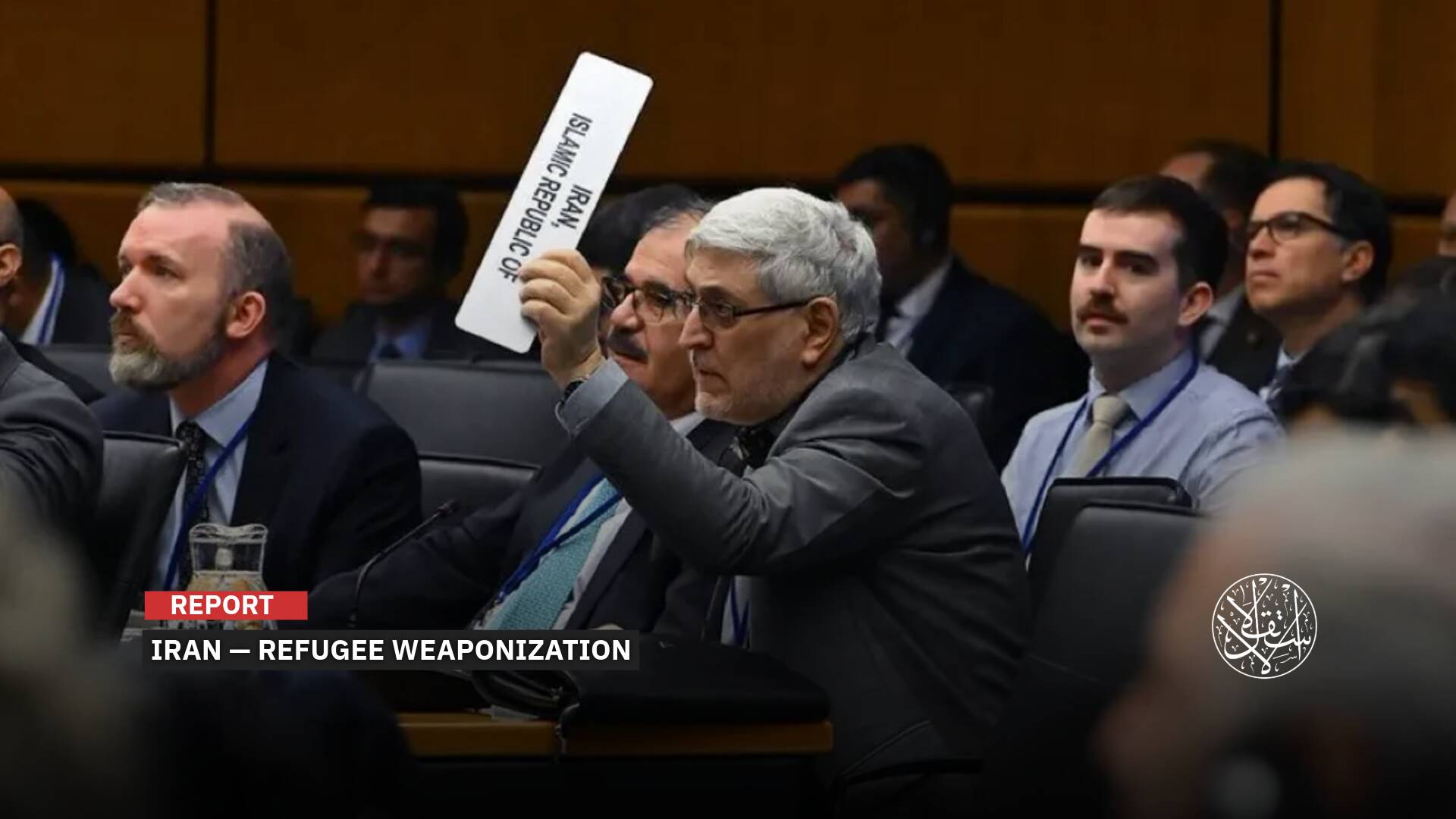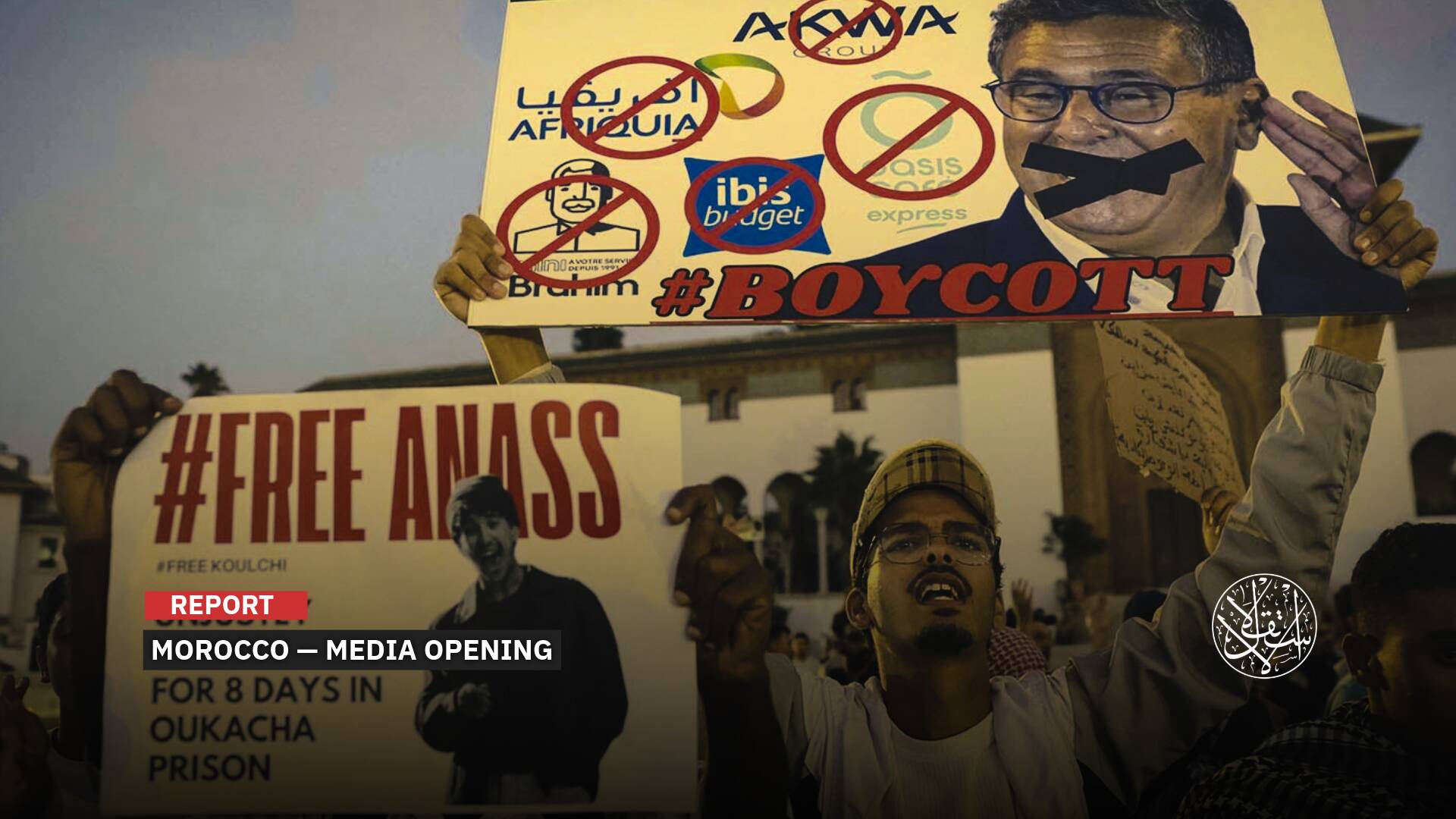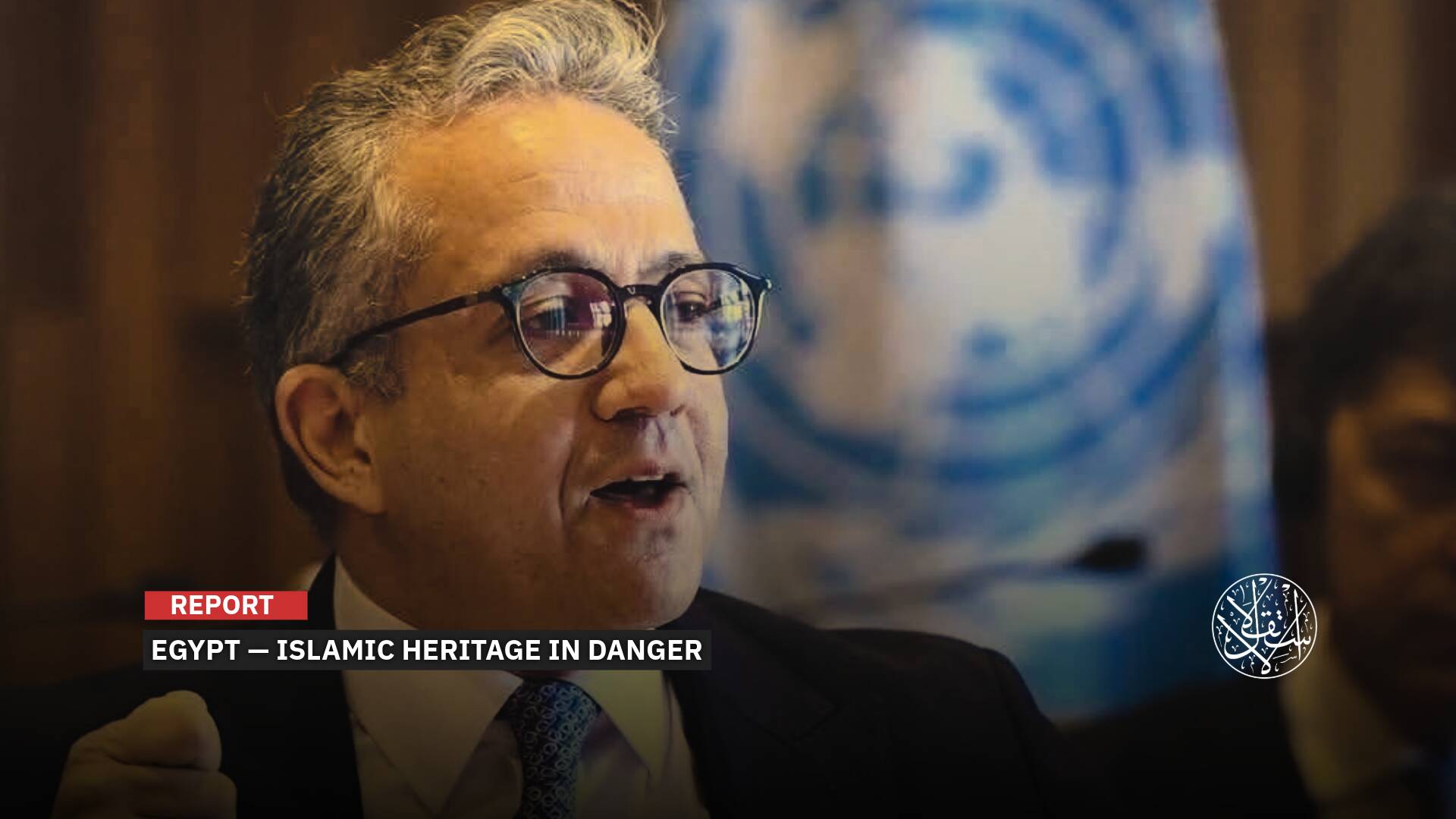‘Kayseri Spark’: Who Benefits from Recent Riots in Turkiye and Syria?

The escalated provocation fueled by accounts linked to the Victory Party (IYI) amplified discontent toward neighborhoods inhabited by Syrians.
Following the spread of rumors on social media about a Syrian refugee allegedly molesting a young girl, violent public reactions erupted in Kayseri, Turkiye, on the evening of June 30, 2024.
The situation escalated due to statements made by some politicians shortly after the incident. Instead of calling for calm, these remarks further fueled public anger, exacerbating tensions in the central Turkish province.
In response, Kayseri Governor Gokmen Cicek took to the streets, urging citizens to remain calm and confirming that the suspect involved in the assault had been apprehended.
Antagonism towards refugees came to the forefront in Kayseri on June 30, 2024. While diplomatic normalization with Syria was on the agenda, provocative statements on social media by accounts affiliated with the Victory Party (Zafer) intensified resentment towards neighborhoods densely populated by Syrians — such as Danismend Gazi, Osmanli, Selcuklu, Hurriyet, and Aydinlikevler. This led to incidents of arson targeting Syrian-owned homes, cars, motorcycles, and workplaces.
In response to the escalating situation, all police officers on leave were called back to duty following an appeal by the Kayseri governor, with five officers injured during the events.

Fake Accounts
Following the incident, Minister of Interior Ali Yerlikaya of Turkiye assessed the events that unfolded after the alleged molestation of a minor Syrian child in Kayseri.
"An immediate investigation was launched into the matter. Our citizens gathered in this area acted unlawfully and, in a manner inconsistent with our humanitarian values, causing damage to homes, workplaces, and vehicles belonging to Syrian citizens. During our security forces' intervention in these protests, 67 individuals were arrested," Yerlikaya stated.
Subsequent information reported in the press revealed that 73 individuals were arrested, with 40 of them having previous criminal records related to drug offenses, theft, and harassment.
Following the events in Kayseri on the evening of June 30, 2024, approximately 343,000 tweets were circulated from about 79,000 accounts on X platform.
According to the information, 37% of the accounts involved were "bots," meaning fake accounts and 68% of the posts in these fake accounts were inflammatory, misleading, and negative.
On another note, an investigation was launched into 63 accounts, with 10 of them referred to the prosecution, while procedures continue regarding the rest.
Incitement of Hatred
Commenting on the incident, Turkish President Recep Tayyip Erdogan said, "There should be no tolerance for the cunning of some people in blaming their incompetence on refugees who were forced to leave their homeland due to war."
"No goal can be achieved by fueling hatred against foreigners and refugees in society. One of the reasons for the events sparked by a small group in Kayseri yesterday is the poisoned rhetoric of the opposition,” President Erdogan stated.

"Burning people's homes, their relatives' homes, and engaging in vandalism and street fires are unacceptable regardless of the perpetrator's identity. We see the use of hatred for political gain as futile. Such actions were not acceptable in the past, and they will never be acceptable in the policies of the Justice and Development Party," he added.
On the other hand, the leader of the Republican People's Party (CHP), Ozgur Ozel, issued a statement regarding the tension following the assault on a Syrian child in Kayseri, urging the public to act with "sound judgment."
Similarly, the leader of the Good Party (IYI), Meral Aksener, shared a post on her social media account stating, "We have repeatedly warned the government about the necessity to avoid the situation that occurred in Kayseri today. We said that the refugee issue poses an existential threat to Turkiye's national security and Turkish nation. Now, this issue, which has surpassed the limits of silent and secret occupation, is on the verge of total destruction. Therefore, you should not watch this destruction while laying on your comfort couch!"
During his statement, Fahrettin Altun, Director of Directorate of Communications, said, "The negative sentiments created in public opinion towards Syrian refugees for some time, and the provocations causing increased tension, are closely monitored."
"Efforts by certain circles, led by anti-Turkiye elements, to undermine peace in our country through provocative activities aimed at testing public order, will not succeed thanks to the sincere efforts of all elements of the Turkish state," Altun added.

Northern Syria
On July 1, 2024, various incidents unfolded in different locations. Attacks targeted the Bab al-Salameh border crossing, the electricity distribution company serving operational areas, the headquarters of the Storm Northern Brigade affiliated with the Free Syrian Army supported by Turkiye, and the security directorate in the city of Marea.
Social media circulated images of attacks targeting Turkish citizens and Turkish military vehicles in northern Syria. Armed individuals in the al-Bab area were seen firing at a vehicle belonging to the Turkish armed forces.
"These incidents involve extremist behavior towards Syrian refugees. The Syrian Interim Government emphasizes the necessity to protect Syrians in Turkiye and all refugee-hosting countries and commends the legal steps taken by the Turkish Ministry of Interior against the assailants," a condemnation statement issued by the Syrian Interim Government.
"The Syrian Interim Government calls on our people residing in liberated areas not to heed the provocative calls aimed at undermining the current alliance between the Turkish and Syrian peoples and attacking properties and institutions built through the sacrifices of the Turkish army and the Free Syrian Army."
Additionally, the Free Syrian Army forces conveyed a message of "unity" by raising flags of the Syrian opposition and the Turkish flag. In a widely circulated video, Free Syrian Army soldiers were seen embracing the Turkish flag.

In an interview with Al-Estiklal, academic Dr. Bekir Gundogmus stated, "The events unfolding in Kayseri constitute a serious provocation that harms both Turkish and Syrian societies alike." He elaborated on planning how to maintain control over the current situation.
"One of the crucial issues raised by readings on the mass migration from Syria to Turkiye under the open-door policy was undoubtedly the ability to manage these populations. Millions of Syrians have become potential targets due to anti-immigrant sentiments in the country, which realistically poses the danger that Syrians, and of course all other migrants, might act based on this mentality."
"At this stage, there is a possibility that migrants may act out of security concerns or in retaliation for exclusion and marginalization. This situation paves the way for serious threats to internal peace in Turkiye. As our recent political history shows, parties often turn against each other through manipulated news, and what is happening today is no different."
On another note, Gundogmus cautioned against interpreting events independently of regional plans of global racist imperialism and the Israeli Occupation regime.

In discussing the waves of migration, Dr. Bakr Gundogmus added, "There is a need to be cautious about the potential migration wave targeting Lebanon due to chaos and conflict in northern Syria. Lebanon, which hosted the highest percentage of Syrian migration since 2011, is witnessing an unregulated demographic shift at a time when possibilities of confrontation with Israel are increasing, potentially making Lebanon an easy operational target. This situation also signifies a disruption in the regional balance established by Iran through Lebanon, Syria, and Yemen."
“We must not forget that the Arab Spring and the Syrian crisis have not only affected the countries involved but have also revealed areas of interaction and social, economic, political, and demographic tension across the entire region."
From his perspective, he sees that "if the current events continue in the same manner as before, or in some other way, the state of chaos in Syria and Turkiye will bring new waves of migration and terrorist formations."
For this reason, Gundogmus believes that "it is beneficial for Turkiye and Syria to urgently cooperate, starting from intelligence cooperation to media planning."
On another note, the academic highlights that "while rumors circulate in the Syrian press about a potential meeting between the two countries [Turkiye and Syria] in Iraq, and messages from politicians hint at the start of a new era, some politicians in Turkiye are adding fuel to the fire."
In his view, the point that cannot be neutralized is that "adopting a Westernizing and exclusionary stance is unacceptable, as efforts made in the years following operations against terrorist groups in Syria for the region's prosperity will be in vain. This represents an opportunity for groups in the region that are striving hard to prevent the two countries from meeting."


